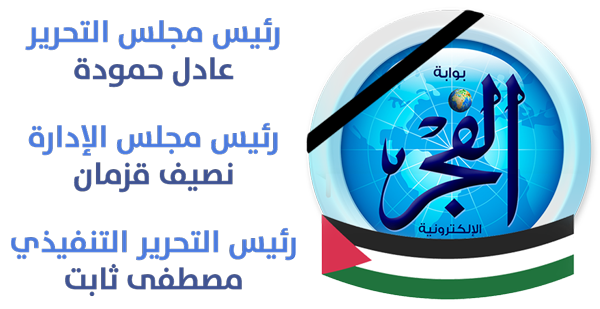? THE WASHINGTON POST : Are Egyptians voting for democracy
The peaceful, blocks-long lines outside polling stations here this morning were the dream of Egypt’s democratic revolutionaries just a year ago. But just about everything else they foresaw after the overthrow of strongman Hosni Mubarak is looking like a mirage.
Barring an outbreak of violence, the multiple rounds of parliamentary voting that began today and will stretch until March could be the most free and competitive vote in Egypt in more than half a century. But the election may take the country away from, rather than toward, a liberal democracy.
Complex voting rules and the disorganization of most secular forces mean the new parliament may be dominated by Islamists and former supporters of the Mubarak regime, who were out in force at the polls today. “They are highly organized, they are smart and they have good contacts with the military,” one former Mubarak supporter, Mohammed Sokkar, said of the Muslim Brotherhood outside a polling station in central Cairo. He told me he was voting for the Brotherhood’s Freedom and Justice party.
It’s not clear what the victors will gain from the election. The ruling military council, headed by Mubarak’s former defense minister, is seeking to retain authority over the writing of the constitution and the political system. So far it hasn’t agreed to allow the new parliament to form a government or exercise any other function.
Ten days ago, frustrated revolutionaries returned to Tahrir Square, the revolt’s birthplace, vowing to stay until the military submits to a civilian authority. More than 40 have died in clashes with riot police and troops. But the square, washed by heavy rain Sunday night, looked bedraggled and relatively deserted today; conflicted militants had left it to go and vote in an election they feel has been stacked against them.
“We are truly feeling that the revolution is being stolen,” one of the Tahrir leaders, Shadi Ghazali Harb, told me. He and other young secular liberals have been reduced to a somewhat desperate bet: that a “second wave” of the revolution can prevent a creeping takeover of the country by Islamists, a restoration of the old autocratic order by the military, or some toxic mix of the two.
Their cause still has substantial popular support. On Friday, hundreds of thousands packed Tahrir Square and cheered their hero, former United Nations nuclear inspector Mohamed ElBaradei, who they hope will form a government to replace the military council. They have forced one big concession: the military’s promise to transfer power to a civilian president by next June, rather than a year or more later.
But the liberals know they are a minority. After months of political chaos and economic deterioration, many Egyptians yearn for stability. Crime in Cairo is so pervasive that many people are afraid to walk in the streets; the big tourist hotels along the Nile are empty. No one I spoke to at the polls today thought the generals had done a good job running the country. But nearly all said they wanted them to stay in power at least until a president is elected, rather than step down immediately as the Tahrir protesters demand.
This was true even in the upscale neighborhood of Zamalek, where a line of voters, most of them women, stretched for four blocks. All I spoke to said they were backing the main liberal coalition, the Egyptian Bloc. “We are fed up with Tahrir,” a middle-aged woman named Ruwaida Eid told me. “Enough. We want to live. We want to make money. We need some power to restore order.”
Ghazali Harb ruefully concedes that the “second wave” so far has only strengthened the military and the Muslim Brotherhood — which has refused to participate in the new demonstrations. “Those who are in Tahrir Square have gotten nothing from the second wave so far,” he said. “So it gives us reason to stay.”
The organizers’ theory is that revolutions are made by an active minority, not the larger masses that may turn out to vote for the Islamists or stay home. “The square represents those who are the central mass who can move the whole country,” said the 32-year-old organizer. “This is the 12 million that can move the 80 million.”
That was true last January. Now — thanks in part to the outlet provided by the elections — the odds seem against the revolutionaries. Their best chance may not be the ouster of the military council, but the promised presidential election. If a candidate sympathetic to the liberal agenda can gain momentum — and the military prevented from installing an agenda of its own — Egypt could move step by step toward full-fledged democracy.
At the polls in Cairo today, it certainly looked like Egyptians were eager to embrace that system. Whether they will fully enjoy it will depend on how the complex competition of the military, Islamists and secular democrats plays out in the next several months — at the polls and in Tahrir Square.







